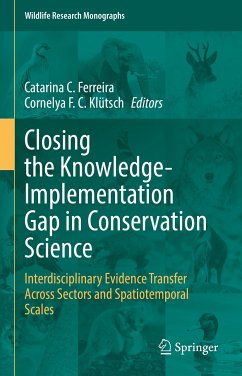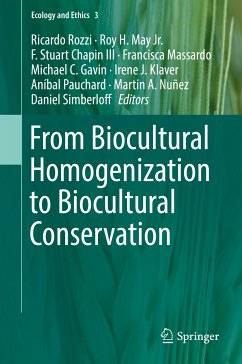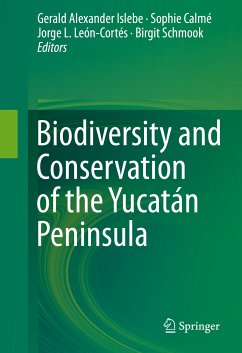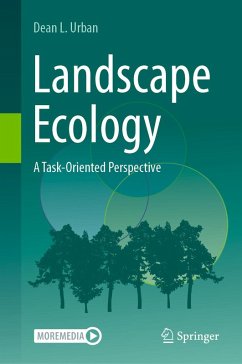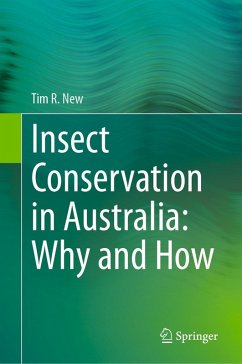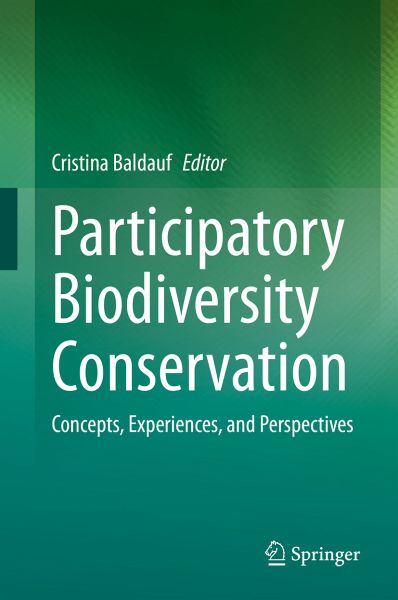
Participatory Biodiversity Conservation (eBook, PDF)
Concepts, Experiences, and Perspectives
Redaktion: Baldauf, Cristina
Versandkostenfrei!
Sofort per Download lieferbar
120,95 €
inkl. MwSt.
Weitere Ausgaben:

PAYBACK Punkte
60 °P sammeln!
It has long been claimed that addressing biodiversity loss and other environmental problems demands a better understanding of the social dimensions of conservation; nevertheless, the active participation of indigenous peoples and local communities (IPLCs) in conservation initiatives is still a challenging and somehow controversial issue. In this context, this book hopes to give voice to other perspectives related to biodiversity conservation beyond the "fortress conservation" model and emphasize one of the pillars of democracy - popular participation. It covers a wide range of environments and...
It has long been claimed that addressing biodiversity loss and other environmental problems demands a better understanding of the social dimensions of conservation; nevertheless, the active participation of indigenous peoples and local communities (IPLCs) in conservation initiatives is still a challenging and somehow controversial issue. In this context, this book hopes to give voice to other perspectives related to biodiversity conservation beyond the "fortress conservation" model and emphasize one of the pillars of democracy - popular participation. It covers a wide range of environments and issues of special significance to the topic, such as the expansion of culturally constructed niches, protected areas and food security, community-based management, participatory agroforestry, productive restoration and biocultural conservation. The contents also explore the limitations and shortcomings of participatory practices in protected areas, the relationship between the global crisis ofdemocracy and the decline of biocultural diversity, as well as present current discussions on policy frameworks and governance systems for effective participatory biodiversity conservation. In sum, this book provides a comprehensive and realistic perspective on the social dimensions of conservation based on a series of interrelated themes in participatory biodiversity conservation. The connections between biocultural conservation and the current political and economic environment are highlighted through the chapters and the book closes with a debate on ways to reconcile human welfare, environmental justice and biodiversity conservation.
Dieser Download kann aus rechtlichen Gründen nur mit Rechnungsadresse in A, B, BG, CY, CZ, D, DK, EW, E, FIN, F, GR, HR, H, IRL, I, LT, L, LR, M, NL, PL, P, R, S, SLO, SK ausgeliefert werden.




